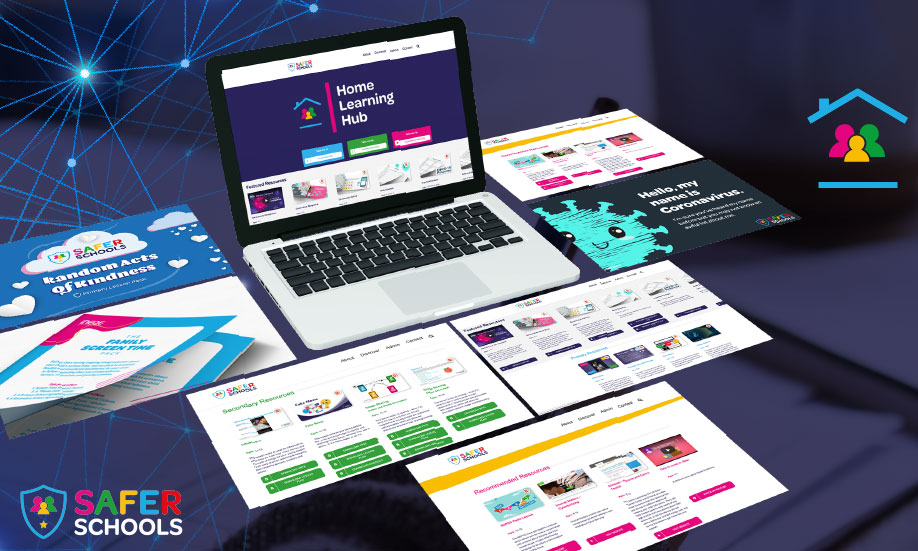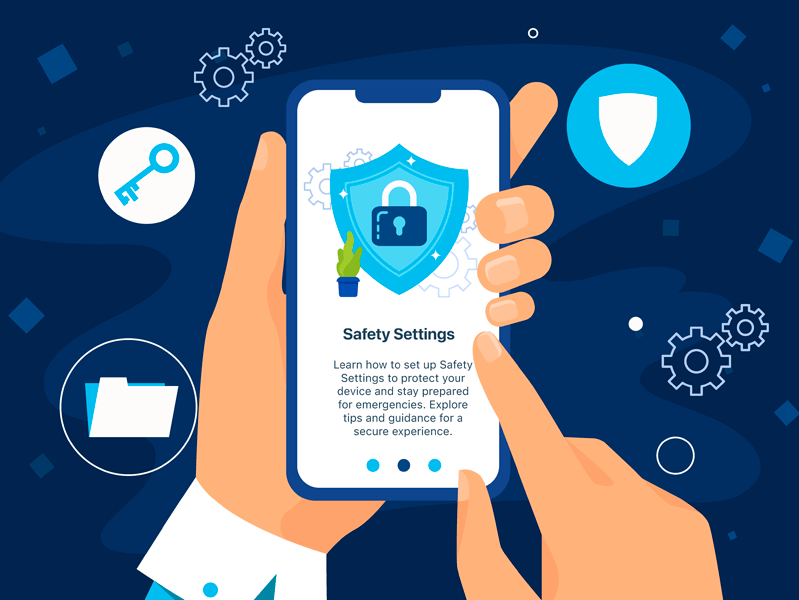Read the script below
Hello and welcome to Safeguarding Soundbites – the podcast that’s perfect for getting prompt and precise safeguarding news on-the-go. You’ll also be hearing from me, Colin Stitt, Head of Safer Schools, about the latest online safety updates from our safeguarding team here at Ineqe Safeguarding Group.
I hope you all had a great easter, had plenty of chocolate and are now feeling refreshed and ready to go!
Many of us will have been posting the highlights of our easter break activities on social media – and, if we’re honest, we’re usually just posting the ‘best bits’, rather than the moments we were in our pjs stuffing our faces with easter eggs, or was that just me? But on social media platform BeReal, it’s a very different experience. Instead of curating careful snapshots showing the best bits of our lives, users are encouraged to show the more realistic day-to-day routines we all have. The app sends notifications at random times of the day and users are given a two-minute window to take and post a photo of what they’re up to. You can learn more about BeReal and find out what our safeguarding experts think of the platform in our online safety section at ineqe.com.
We’ve also been taking a look at ‘Finstas’ – the nickname given to Instagram accounts that aren’t the users primary or public account. The name comes from the combination of ‘fake’ and ‘Instagram’ and is an account often shared with only a select group of friends or followers. But why are people creating these secondary hidden accounts? Visit our online safety section to read our article, outlining what Finstas are, why young people are using them and what some of the safeguarding concerns are surrounding them.
In the news, as the Online Safety Bill reaches its second reading in Parliament, the NSPCC has spoken out, urging the government to go further with the Bill in order to tackle grooming and child abuse. They want further clampdowns on ‘breadcrumbing’ -when offenders use social media to form networks, advertise sexual interest in children and signpost to child abuse content hosted on other sites. You can find out more about what the Online Safety Bill is and what it would change for safeguarding children online in our online safety section at ineqe.com.
Secondary school pupils in Edinburgh have been targeted by online bullies as part of a TikTok trend that sees anonymous accounts making posts about individuals and encouraging other users to guess who they’re posting about. The posts include so-called clues about each targeted individual, which are derogatory in nature, including homophobic, sexual and racist commentary. Pupils at several schools in Edinburgh have been targeted. A spokesperson for the City of Edinburgh Council has condemned the bullying, asking pupils and parents and carers to “share concerns so complaints can be thoroughly investigated in line with our anti-bullying policies.”
Apple have announced that they will soon be launching a new safety feature in the UK that, when enabled, will scan photo messages sent and received by children for nudity. Using AI technology, the feature will automatically blur photos if any nudity is detected and warn that the message contains sensitive content. If a child is sending a photo and nudity is detected, the feature will encourage the child not to send the message and suggest they message a grown-up for support.
A union of teachers have reported that children are accidently coming across far-right materials online and that access to social media and smartphones are leaving them at risk of being exposed to extremist material. At a conference for the National Association of Schoolmasters Union of Women Teachers, there were calls for more to be done to address the problem of extremism in schools and for urgent government-level action to be taken.
That’s everything for this week’s Safeguarding Soundbites – I’ll be back next week with more news and updates. Remember you can find all our articles and further resources at ineqe.com. If you’ve enjoyed today’s podcast, we’d love for you to share it with friends, family and colleagues. You can also get in touch with us via our website or on our social media pages -just search for Safer Schools on Facebook and Twitter. Thanks for listening and I’ll be back next week
Join our Online Safeguarding Hub Newsletter Network
Members of our network receive weekly updates on the trends, risks and threats to children and young people online.
Pause, Think and Plan

Visit the Home Learning Hub!
The Home Learning Hub is our free library of resources to support parents and carers who are taking the time to help their children be safer online.








